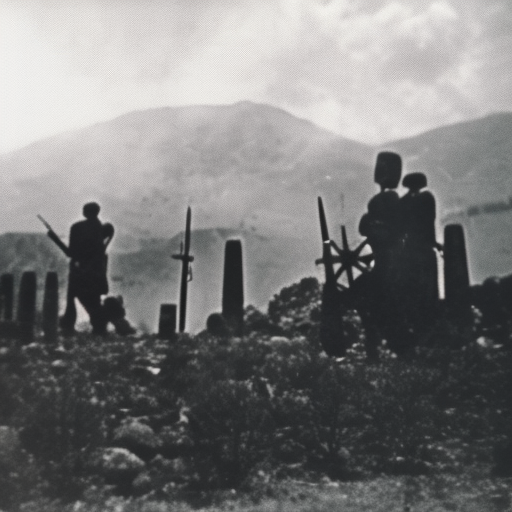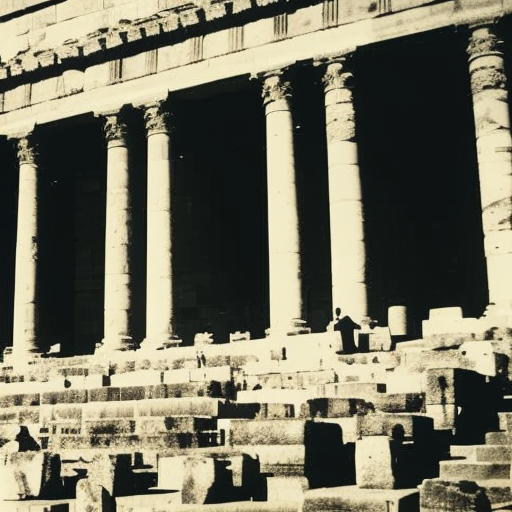The Battle of Thermopylae (480 BC)
The Battle of Thermopylae was a significant military engagement that took place in 480 BC during the Persian Wars. It was fought between an alliance of Greek city-states, led by King Leonidas I of Sparta, and the Persian Empire, led by King Xerxes I. The battle occurred at the narrow pass of Thermopylae, which connected central Greece with Thessaly.
Background:
After the Persian invasion of Greece in 490 BC was repelled at the Battle of Marathon, the Persian king Darius I died, and his son Xerxes I ascended to the throne. Seeking revenge and to expand his empire, Xerxes launched a massive invasion of Greece in 480 BC. The Persian forces, estimated to be over 100,000 strong, embarked on a campaign to conquer the Greek city-states.
The Greek Defense:
In response to the Persian threat, a Greek alliance was formed, consisting of around 7,000 hoplites from various city-states. King Leonidas I of Sparta was chosen to lead the defense. The Greeks decided to make a stand at the narrow pass of Thermopylae, where their smaller numbers would be an advantage against the larger Persian army.
The Battle:
The Greek forces took up a defensive position at the mouth of the pass, constructing a defensive wall and blocking the Persian advance. For two days, the Greeks successfully repelled wave after wave of Persian attacks. The narrowness of the pass limited the Persian advantage in numbers and negated their superior cavalry.
The Betrayal:
On the third day of the battle, a local resident named Ephialtes betrayed the Greeks by revealing a mountain path that led behind their defensive position. This allowed a contingent of Persian troops to outflank the Greeks. Realizing the dire situation, Leonidas dismissed most of the Greek forces, ordering them to retreat and fight another day.
The Last Stand:
Despite the retreat of most of his forces, Leonidas and a small contingent of Spartans, Thespians, and Thebans chose to stay and make a last stand against the Persians. They fought valiantly but were eventually overwhelmed by the sheer numbers of the Persian army. Leonidas was killed in the battle.
Legacy:
Although the Greeks were ultimately defeated at Thermopylae, their resistance bought valuable time for the rest of Greece to prepare for the Persian invasion. The battle became a symbol of Greek heroism and defiance against overwhelming odds. It inspired future generations and played a crucial role in the ultimate Greek victory over the Persians in the Battle of Plataea the following year.
Significance:
The Battle of Thermopylae demonstrated the effectiveness of a well-prepared defensive position and the importance of strategic terrain. It also highlighted the courage and discipline of the Greek hoplites, particularly the Spartans. The battle became a turning point in the Persian Wars, boosting Greek morale and setting the stage for their ultimate victory.
In conclusion, the Battle of Thermopylae was a pivotal event in ancient Greek history. Despite being outnumbered, the Greek alliance, led by King Leonidas I, put up a fierce resistance against the Persian Empire. The battle showcased the bravery and military prowess of the Greek hoplites and bought crucial time for the rest of Greece to prepare for the Persian invasion. Although the Greeks were eventually defeated, the Battle of Thermopylae became a symbol of Greek heroism and inspired future generations.












